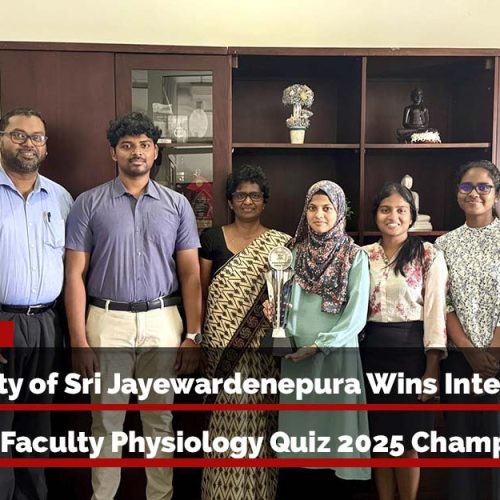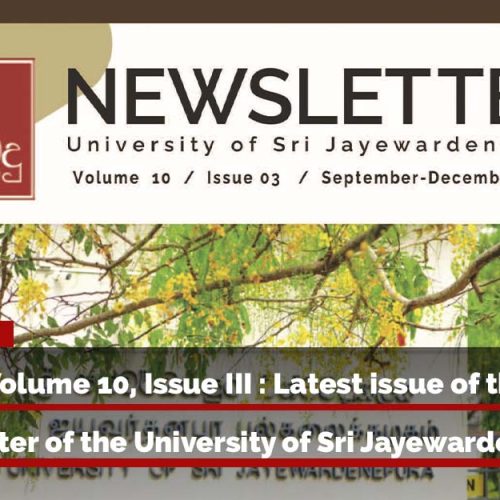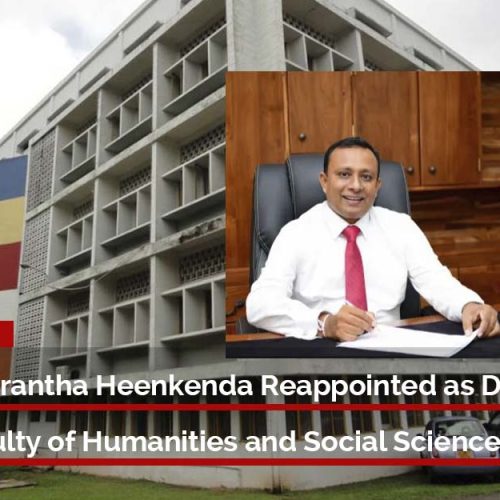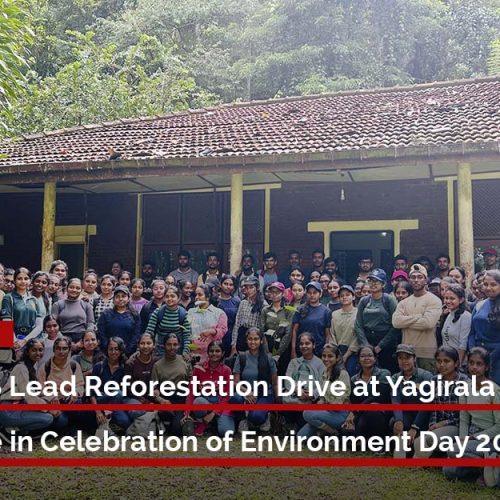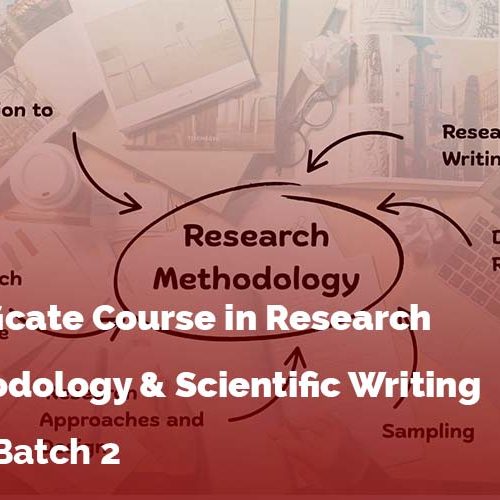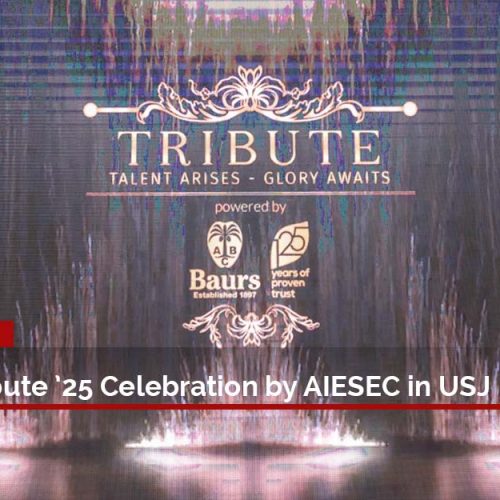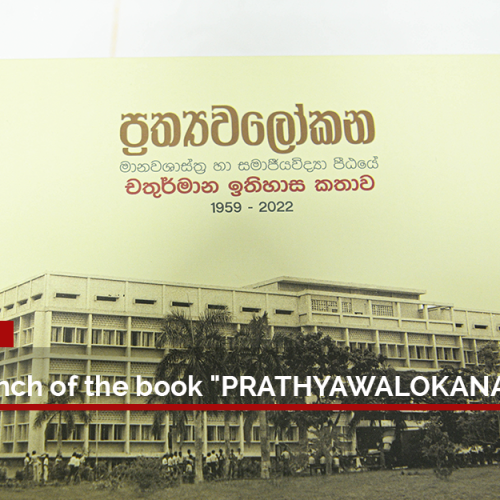When I was asked if I would come for a Pethikada programme that airs on Sirasa TV recently, my first question was “To speak on what subject?” The last weeks had been ones in which I was turning down offers that had come from a radio channel – it is easy here to be asked to speak on any subject when you are known for doing well in one – and that’s a pitfall I wish to avoid as that’s a sure shot way of making voluble people become experts overnight in things they have not studied seriously, especially in the age of powerful social media. “Women’s Day” was the answer to that question, and my yes was instantaneous – for not only do I read and think on the issue of feminism, but experience first hand what it means to be a woman who tries to change the status quo in something – though thanks to the general spirit at Sri Jayewardenepura University, all the changes that I had wished to put in the field of English language teaching there had been approved without much heartbreak: let that also stand as testament to the fact that there could be spaces in which you are heard and valued anywhere for your ideas, despite the gender, here in Sri Lanka (though it would be silly if I forget what who your parents are can also play in this context).
So, the interview –
Asoka started by the positive fact that now women are very clearly seen in the education field and so on, with the majority in universities being women – with clear signs of discipline and progress being shown by them unlike the old days. While agreeing with him, I brought out a fact that Professor Neelika Malavige had shared with me during one of my interviews with her – that though there are many women at beginning stages of institutions, not many can be seen the higher you go in power. Even at the basic level in education, the faculty concerned might give different pictures with regard to gender distribution – STEM subjects are not often picked by women; in the arts faculties women opt more for teaching than anything else, still, due to practical reasons maybe.
I also made the point that the freedoms that Asoka was talking about hadn’t just occurred naturally very often – there would have been women who would have had to fight for them at some point. For the right to vote, for example, couldn’t have happened without the suffragists taking a stand for that in the West. The West and the East could differ in some things too – the female order of bhikshunis was given by the Buddha himself when his stepmother asked for it; we voted in the first woman prime minister of the world, whether or not that would have happened without the tragedy that preceded it not taking away the fact that this country hadn’t minded being led by a woman. But in the modern world, which more or less is constructed by the centers of a ubiquitous economic framework, much of the freedoms we have now have been got by someone standing up somewhere for the rights of women.
One thing I wanted to make clear was the fact that ‘choice’ was always the word I would recommend with every analysis I made – if one wanted to be a housewife and not work, then that choice should not be questioned by anyone – but that choice should not have been made because she has not been made to imagine otherwise. We then spoke of the cultural contexts in which such choices occur. Advertisements and teledramas being the most common ways in which such ideologies are passed through, I spoke about some simplified stereotypes we find in them: in teledramas, for example, the “good” mother more or less always cries, any woman who laughs aloud and seems to be having fun is generally depicted as being the ‘bad’ woman; ditto for girls in short dresses or make up. These are of course, class bound concepts, and I did mention the fact that the glass ceilings we speak of for girls and women, don’t even exist in particular classes.
The discussion of family and motherhood, swerved into details of my own life with the interviewer asking if I bring by daughters up according to what I believe, especially since my own mother is of a very different kind, a very traditional, almost perfect, wife without whom my father may not have been where he is today. The answer was “naturally” – one’s children are naturally influenced by the mother’s beliefs, and a mother, if not a hypocrite, would want to see the ideas she speaks about in public embodied in her own children. But again, that is their choice, whether they follow these ideas or not. We cannot, I think, be free of what our mothers are – we will make our own identity according to what she is/was or in opposition to it – either way it matters. Since I do not talk about my personal life in media generally, all I said when he asked if my home was different from what my parents’ home had been, was just ‘very’. I also pointed out that my mother was not a professor, though I do think she had the knowledge enough to be one at one point – while as in my case, my husband is a professor and I have at least got a doctorate. But it was also not a value judgement – one woman cannot/should not question the choices of another.
Another thing that I emphasized in this interview is that feminism is not restricted to women. There are men who are feminist; there are women who are not. If a young couple goes to cook together in the kitchen it may be the mother-in-law who first says that her son has been ruined – I am not sure if this is the case now, but it could be. But the fact is everyone who believes in equality should be. Feminism is not about us being better than the other – its about both sexes being equal.
But there is also this – if we are to be treated equally, we might have to work harder than the men sometimes. That is why I keep saying that women should never stop studying and work harder even to be treated equal; if we are in an educational institution, we need to educate ourselves and gather qualifications but even if we are not – it is important that we keep reading so that out minds do not go to sleep with the work we have to handle. Easier said than done, there are many economic reasons as to why women can’t keep educating themselves – but even without the money, even without certificates being granted at the end, if there is support from the family and time can be created, anyone can access the rather good public library system we have in Sri Lanka, or even the internet, and keep learning, keep being curious, keep educating ourselves. This is important. Reading gives power, it gives confidence – above all, it gives knowledge. Women being more educated is to make the world more educated.
To Asoka’s point about there being more women who are confident and sure of themselves now, I said there is no question about women not knowing their power and capacity. We know what we are. But whether that confidence is left unchallenged and we are made to fell less so that others can feel more powerful is another question altogether. There are times when we are made to feel more and more unsure of ourselves in a patriarchal world – and that’s a tragedy. There are various reasons for this – it is possible that culture itself – constructed through words as well as ritual – does this. Look at the phrases that describe women in Sinhala sometimes – gehenunge mole handimite digay [The brain of women is the length of a spoon-handle] or taking as ideal children kata athi puthek and ruva ethi duwak [A talkative son and a pretty daughter], so that women who talk a lot, like me, can easily be called names.
People in power decide the words, here as well as elsewhere. If women were in power, would we say that our brains are the length of a spoon-handle? No. Globally this has been so as well – a white male may have decided what the world looks like for us already, for the world is constructed through language. Words are connected to power, language is, so at a deep level we are fighting against language – thereby reality – itself.
I was glad of the chance to talk about these things that I think about, and experience, every day. You can see the video here if you wish. Thank you, Sirasa, and Asoka Dias for giving me this chance. I hope this helps some woman somewhere – it will be worth the while, if so.
Dr. M. M. K. Ratnayake
Senior Lecturer (Grade I)
PhD (Hitotsubashi, Tokyo, Japan);
M.A. (New York University); B.A. (Honours) (Allahabad);
Dip in TESL, (Colombo)

